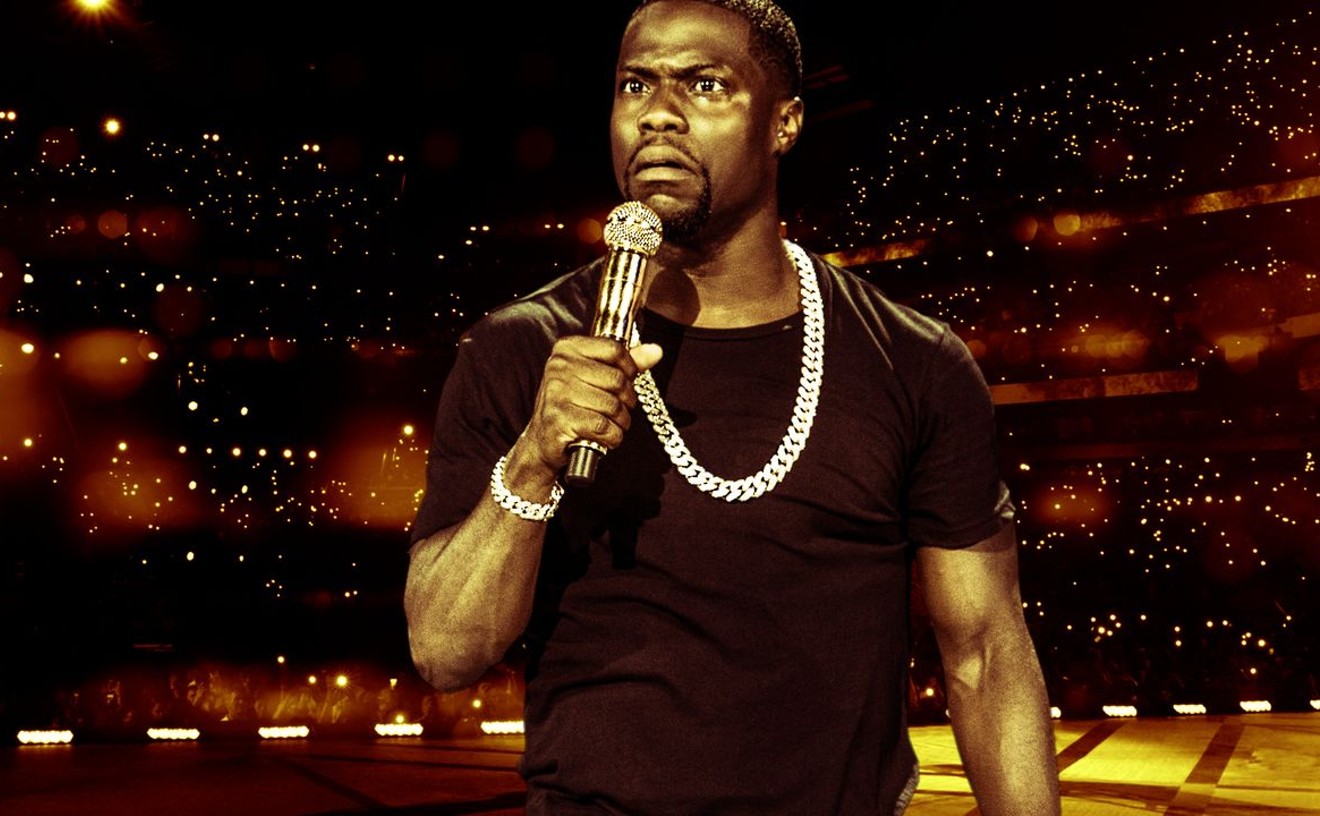So I tried to allow for the possibility that these masks would bring a new dimension to the theatrical experience, one that's in line with the great questions animating Greek tragedy: Does humanity possess free will, or is the unfolding of our lives determined by fate? Is it a flaw in the character of the hero that brings about his defeat? How is it possible to exist in a vast and clouded world that's indifferent to our most deeply held fears and desires?
The trouble was that as I watched Oedipus Rex, I never for a moment forgot those damned masks, noticing the way they muffled some voices and made a few of the actors look like swollen-cheeked infants. Occasionally, the bottom of a mask cast a shadow like a mustache over a woman's face. Oedipus himself seemed exceptionally broad and bland of countenance. Then there was the hair, the crimped curls we recognize from Greek art, but sculpted, golden and immovable, so that Jocasta sometimes seemed to be a large, animated puppet, and Creon had to contend with a topknot that would have been at home in The Mikado.
I sorely missed faces. I didn't care what academic or intellectual concept underlay Powell's use of masks; I wanted the to see the living, breathing, flesh-and-blood faces of the actors. I did find the final scenes of the play moving, but this seemed to represent a hard-won victory by Christ and Helde over their masks. As we walked out of the theater, I tried to decide what I was feeling. Not the deep sorrow you feel at the end of King Lear, but...some sadness, a little solemnity. Maybe what I was feeling was what I was intended to feel: distanced and thoughtful. Unfortunately, what I also felt was essentially unengaged.
Almost everyone knows the basics of the Oedipus story (and also the Freudian interpretation -- hence the first-night audience's laughter when Jocasta said, "Many men have slept with their mothers in their dreams"). Oedipus was abandoned in the wild as a baby, his ankles bound. His parents, Laius and Jocasta, had heard a prophecy that eventually he would kill his father and marry his mother. Saved by a kindly shepherd, Oedipus was raised by the king and queen of Corinth, whom he believed to be his parents. Once he heard the prophesy, he decided to thwart it by exiling himself from Corinth. But he encountered Laius (who was clearly a rather nasty piece of work) on the road to Thebes; Laius's servants shoved Oedipus aside and struck him, and in response, Oedipus killed both them and the old king. Once in Thebes, he solved the riddle of the Sphinx, married Jocasta and had children with her. As Laurence Olivier remarked in his autobiography, it does strain credulity that Oedipus never wondered about the fact that Jocasta was a generation older than himself, or that she "somehow never seemed to remark to him, ŒHoney, do tell me about those gyre marks around your ankles.'"
Irony is heavy in the air as Oedipus slowly comes to understand what the audience already knows.
Michael Brown's set is impressive -- a stony circle, lit by Don Darnutzer so that the stones sometimes look like floating leaves on green water. Robin Moseley leads a chorus of six actors, sometimes singing, chanting or dancing, and much of this work is effective. The translation, by Stephen Berg and Diskin Clay, is strong, clean and eloquent.
Because the actors are masked, their voices and bodies must do all the work. Helde's anguished movements when Jocasta finally realizes that Oedipus is her son and Christ's larger-than-life gestures of despair are forceful and telling. Jamie Horton has such staunch stage presence and his body work is so expressive that he and his crinkled Teiresias mask actually do become one.
The production succeeds in probing the key questions of the play. It shows that Oedipus is a man led astray by his own blindness and pride as well as an unwitting fool of the gods. He is also very human. I'd love to have seen his volatile mix of rage, strength, petulance, love and ultimate humility portrayed by an unmasked Bill Christ.











